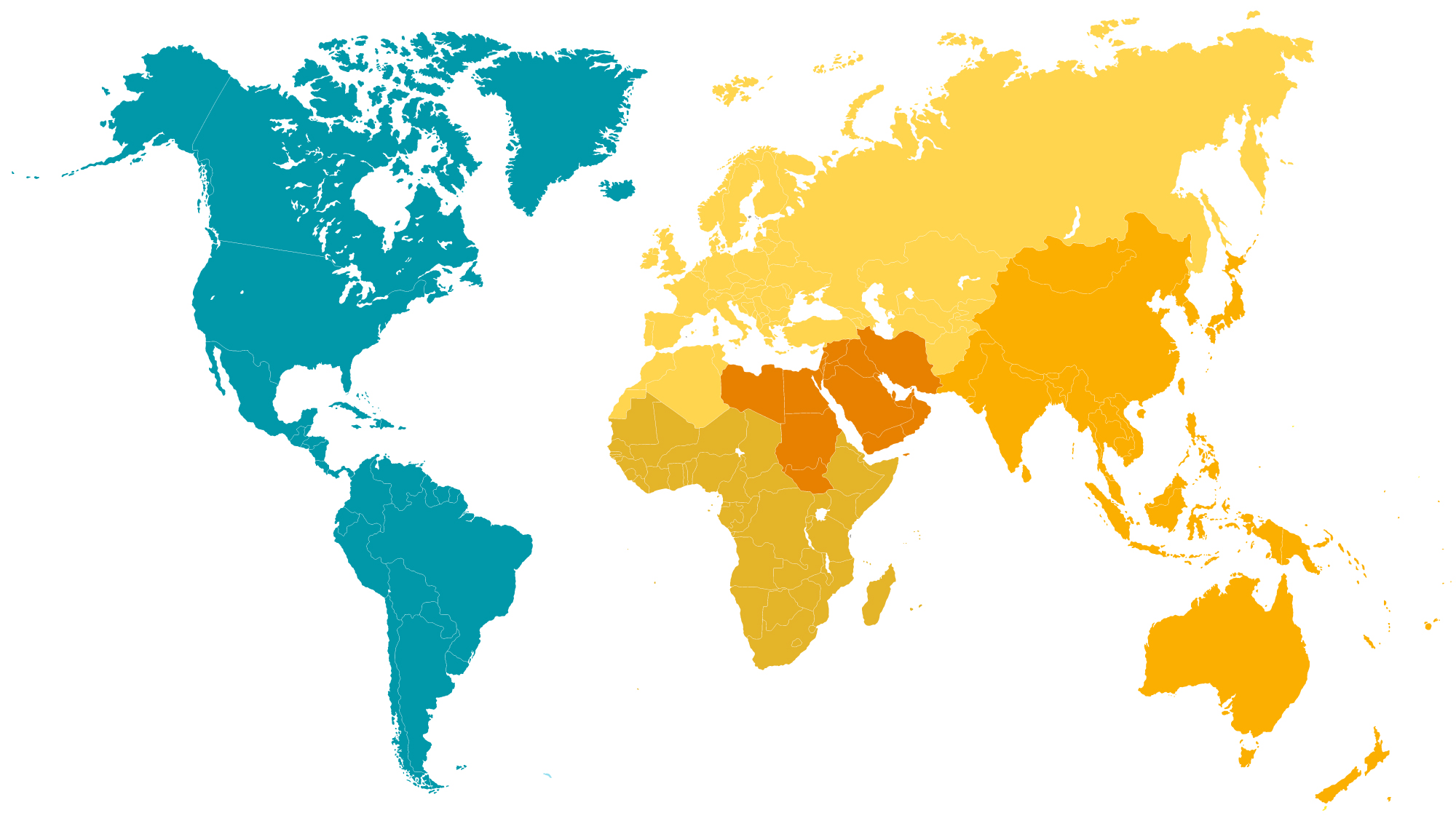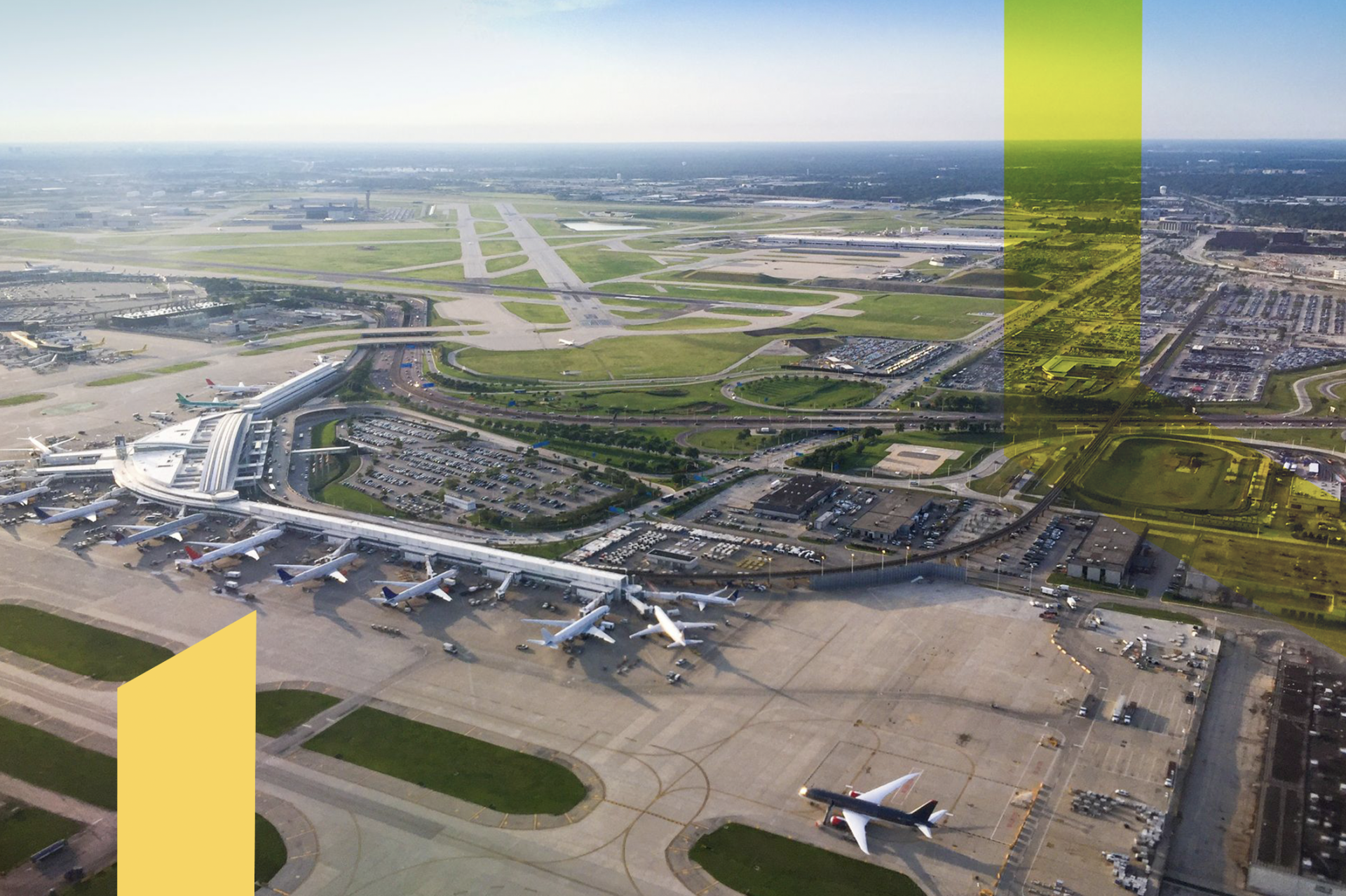TALENT FOR A COMPLEX FUTURE
As new technologies, practices and challenges emerge, professions in aviation, space and aerospace are rapidly evolving. To work in this sector, future professionals will need very different skills and knowledge than they do today. Delivering experiential learning, collaborative research, and professional development, WISA equips the next generation of aeronautical leaders to thrive through change and uncertainty.
The future is collaborative
The Collaborative Aeronautics Program (CAP) is a radically new approach to aeronautical training and talent development. Launching in September 2022, the CAP allows existing research-based master’s and PhD students in any of Waterloo’s six faculties to gain an interdisciplinary aeronautical perspective in parallel with the completion of their discipline-specific requirements.
Students take two courses that build foundational knowledge in aeronautics, allowing them to apply new learning and perspectives to their research. They graduate with a degree enhanced by aeronautics (e.g., “PhD in Cognitive Psychology – Aeronautics”).
Based on WISA’s philosophy that a sustainable future for aeronautics requires holistic collaboration across disciplines and sectors, the program mobilizes researchers across campus to apply their studies toward aeronautical challenges. The CAP empowers students to develop in-demand, future-ready skills and knowledge, ensuring they’re prepared to compete in tomorrow’s job market. It also connects aeronautics employers to a strong talent pipeline with the potential to enhance the short- and long-term sustainability of their organizations.
University-wide cooperation
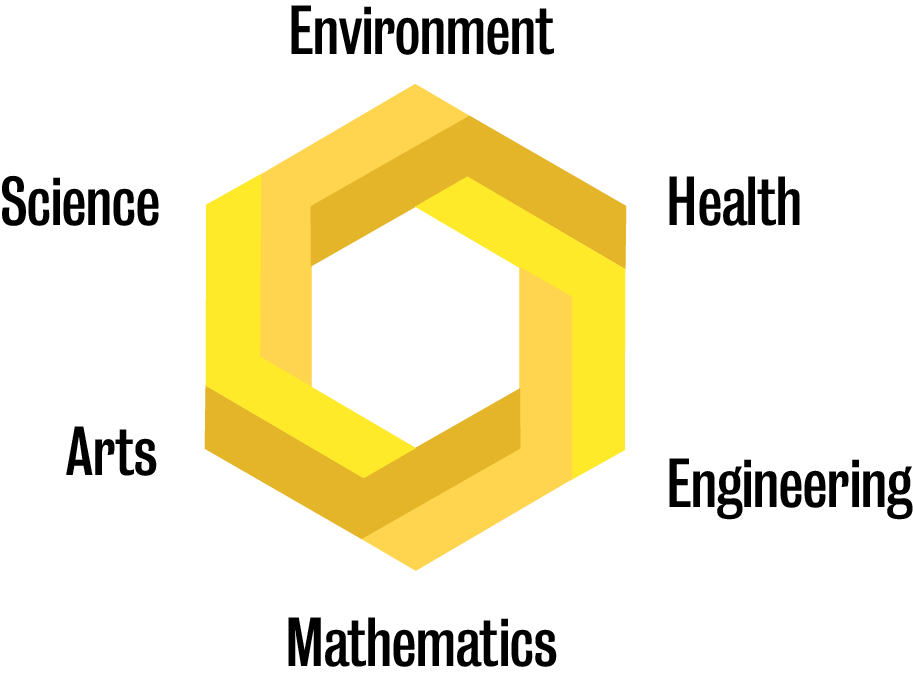
CAP proposal by the numbers
Learn more about the Collaborative Aeronautics Program.
25
individual and departmental consultations
9
participating academic units
50
aeronautics-applied graduate students to be trained each year (at maturity)
6
faculties represented
Demand for aeronautical talent
According to the latest projections from Boeing, between 2021 and 2040, the commercial fleet will require:
612,000
new pilots
626,000
maintenance technicians
886,000
cabin crew
Additional crew are needed for military aviation, business aviation, eVTOLs and specialized drone operations. IATA projects air travel to return to pre-pandemic levels by 2024.
Graduate student spotlight
As an integral part of WISA, master’s and PhD students from all six faculties at Waterloo pursue forward-thinking research that tackles unique interdisciplinary questions. Each student applies training and knowledge from their home discipline to pressing aeronautical challenges.
Hear from seven WISA graduate students about their research and their vision for the future of aeronautics.
55
aeronautics-focused graduate students under WISA member supervision
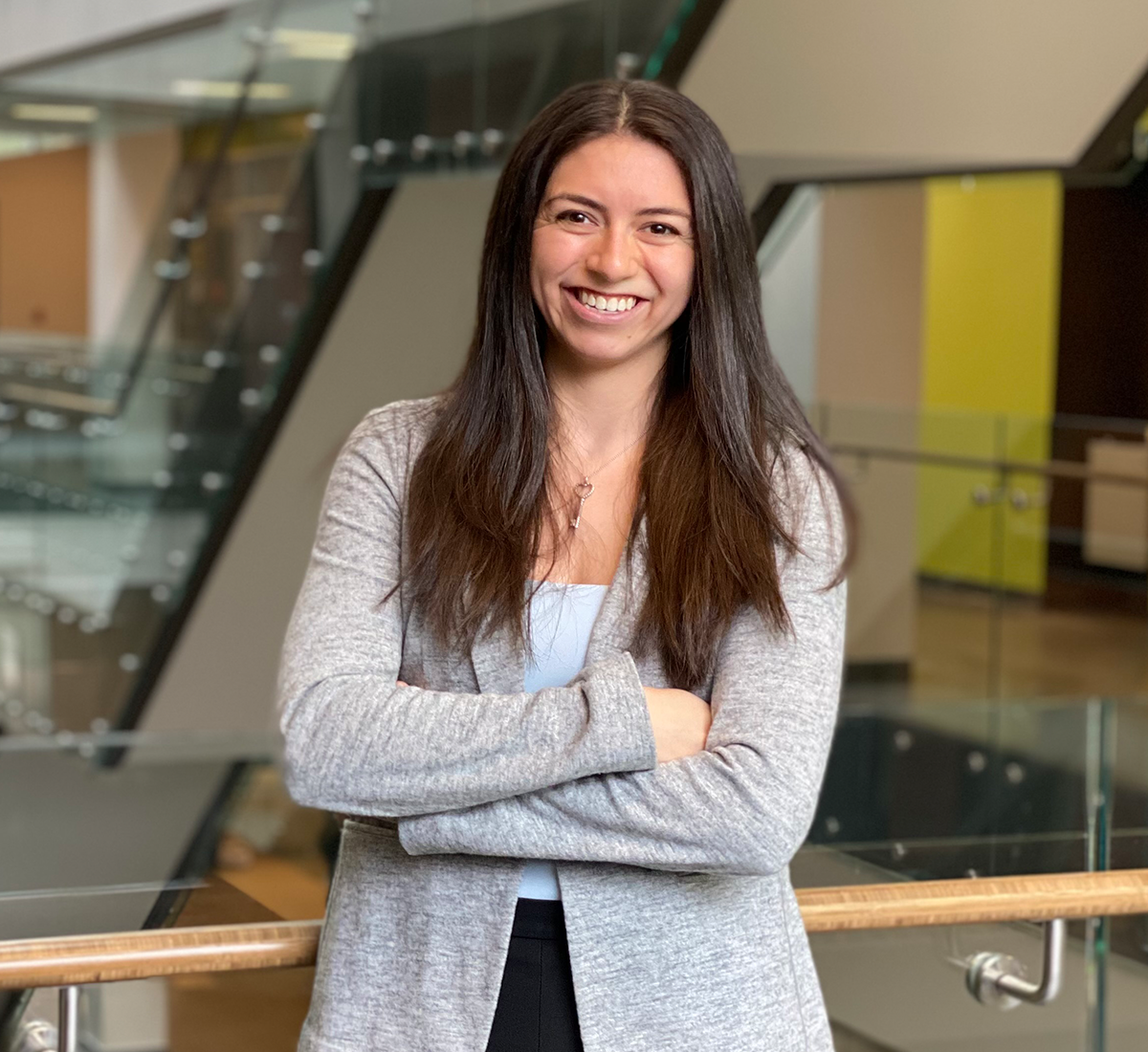
Using eye tracking to improve pilot training
Naila Ayala, PhD candidate, Developmental Visuomotor Neuroscience Lab
Naila’s research explores how eye-tracking can provide an objective measure of information processing, decision-making, and complex skill performance. In the context of aeronautics, she and her colleagues are aiming to understand how information processing is affected when pilots’ mental capabilities are challenged and how this is impacted by a pilot’s level of expertise. The findings from their research will be used to guide the development of novel competency-based training protocols, which will impact the sustainability of aeronautics in two important respects: 1) mitigate the racial, gender and other biases within training; and 2) allow professionals to achieve a license faster and to a higher standard.
“The volatile nature of the aviation industry has resulted in fluctuating demand for pilots that imposes significant challenges upon traditional training infrastructure, safety, and operational practices. My vision is for our research to help modernize pilot training and further industry-driven objectives of attracting, educating, and retaining aviation professionals.”

Making pilot training more efficient and accessible
Jingru Yan, PhD student, Human Factors
The process of training and evaluating a pilot’s ability to operate aircraft safely and efficiently is critical to the sustainability of the aviation industry. Jingru’s research focuses on improving pilot training through competency-based training design and evaluation methods. Her research will help to address a rising shortage of pilots while ensuring operational safety – a challenge the industry will face in the near future with the rapid recovery and growth of air travel. Jingru’s work also supports the development of adequate and effective pilot training that goes hand-in-hand with fast-developing technologies and automation systems.
“Competency-based training methods will provide a more customized and efficient training footprint, while enabling the evidence-based integration of new instructional technologies, optimizing the value and effectiveness of training for future pilots.”
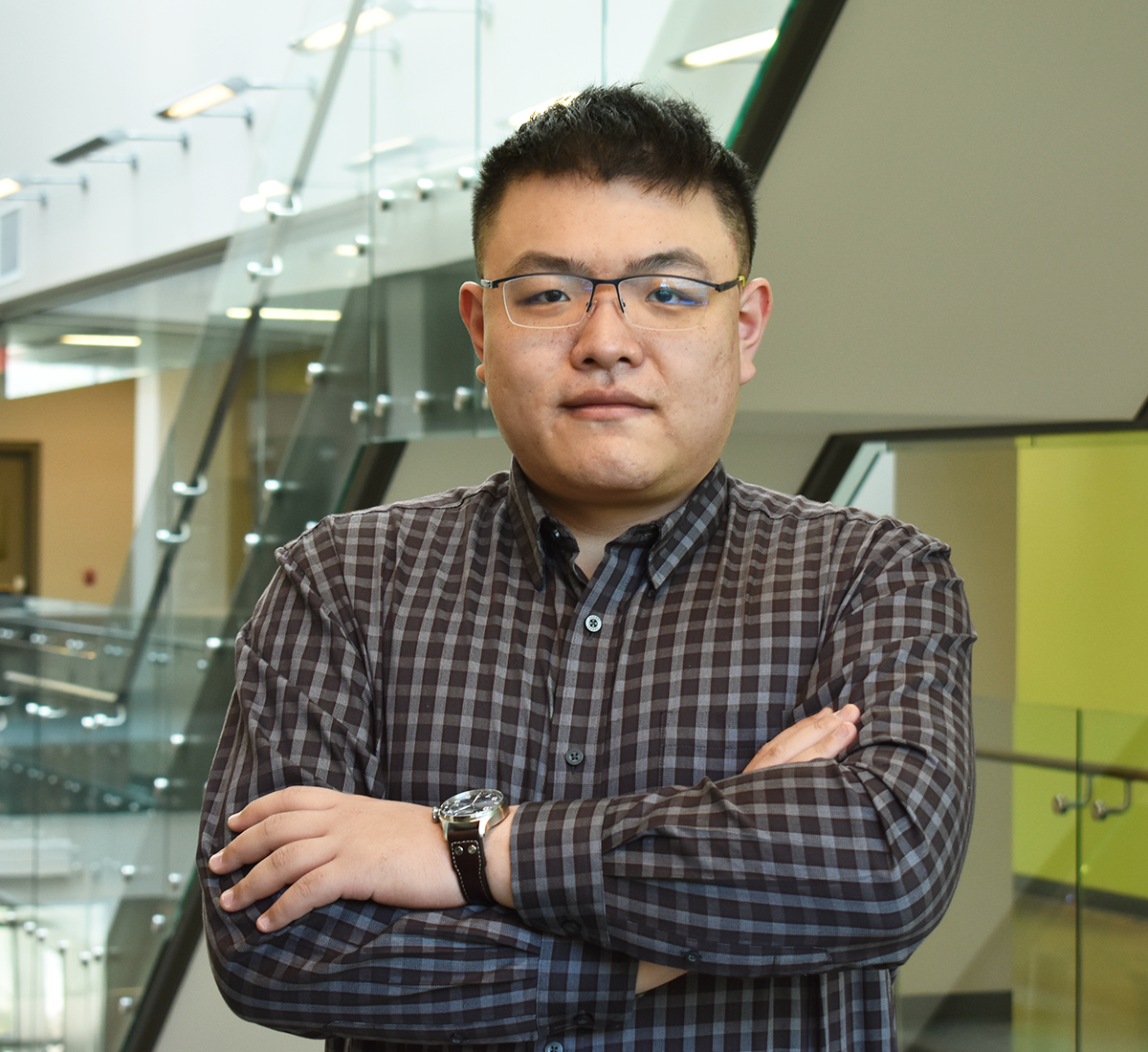
Improving pilot safety and performance
Robin Xu, MASc candidate, Systems Design Engineering
Research shows that a pilot’s behavior and professionalism seriously affect flight safety. The current standard practice of pilot training heavily relies on human instructors and the use of real aircraft; pilot competency and training progress are evaluated by human evaluators and measured by flight time. Robin is working on a pilot performance model that can simulate preflight preparation and takeoff tasks based on an integrated cognitive architecture called QN-ACTR. Currently, the model can generate flight operation behavior similar to human pilots. Once validated, simulation models can support aviation research and interface design evaluation by generating simulated pilot performance data without human-in-the-loop (HITL) trials. Many what-if scenarios and risky situations could be evaluated and predicted using this approach.
“With further development in the future, simulation models can support interface evaluation and competency-based pilot training, providing a theory-based predictive approach complementary to human-in-the-loop experiments for aviation research and development.”
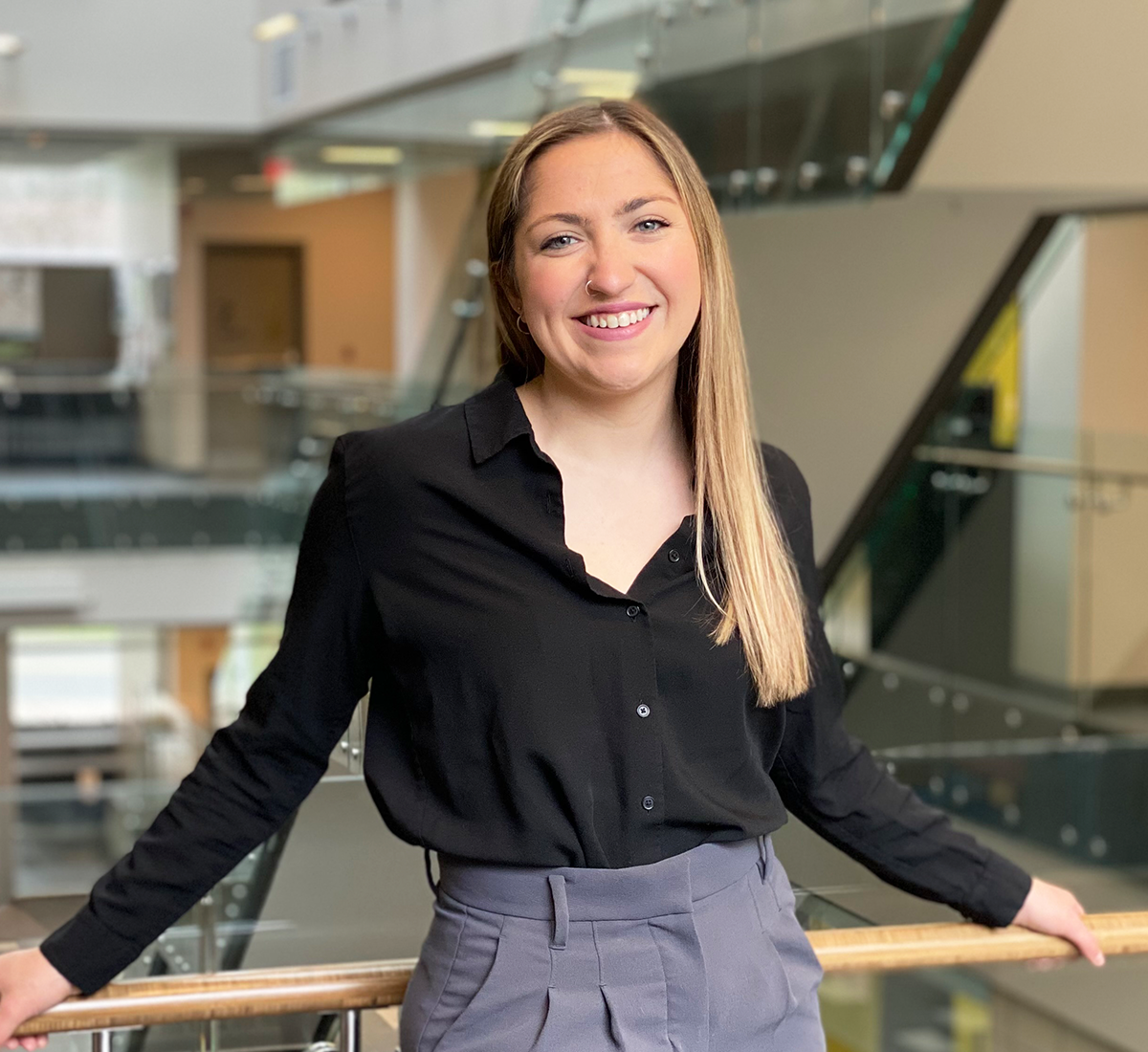
Supporting talent retention within the aviation workforce
Allison Lynch, MSc candidate, Optometry
Up until now, the aviation industry has struggled to attract and retain pilots because of strict medical requirements. Allison’s research focuses on determining the minimum vision requirements that a pilot must meet in order to operate and fly a plane safely. Her research aims to determine whether the current visual thresholds to become a pilot are necessary and if the visual standards can be safely adjusted to allow more pilots to enter the industry and/or retain their medical certificates to lengthen their careers.
“The aviation industry faces several barriers including pilot eligibility based on medical qualifications. My vision for the future is to craft evidence-based visual standards to allow more pilots to retain their medicals and, therefore, their livelihoods.”

Shaping a sustainable future for outer space
Gurpreet Singh, PhD candidate, Sustainability Management
Gurpreet loves learning about outer space. His passion for space education brought him back to school to pursue a PhD in sustainability management. He believes that as modern-day life becomes more dependent on space technologies, the short-sightedness of development parameters and policy vacuums are leading to pollution and degradation of the outer space environment. Gurpreet’s research focuses on highlighting and addressing threats to space sustainability.
“I envision space being used for the socio-economic benefit of humankind for many generations to come. In my work, I’m collaborating with academics around the world to keep the final frontier safe.”
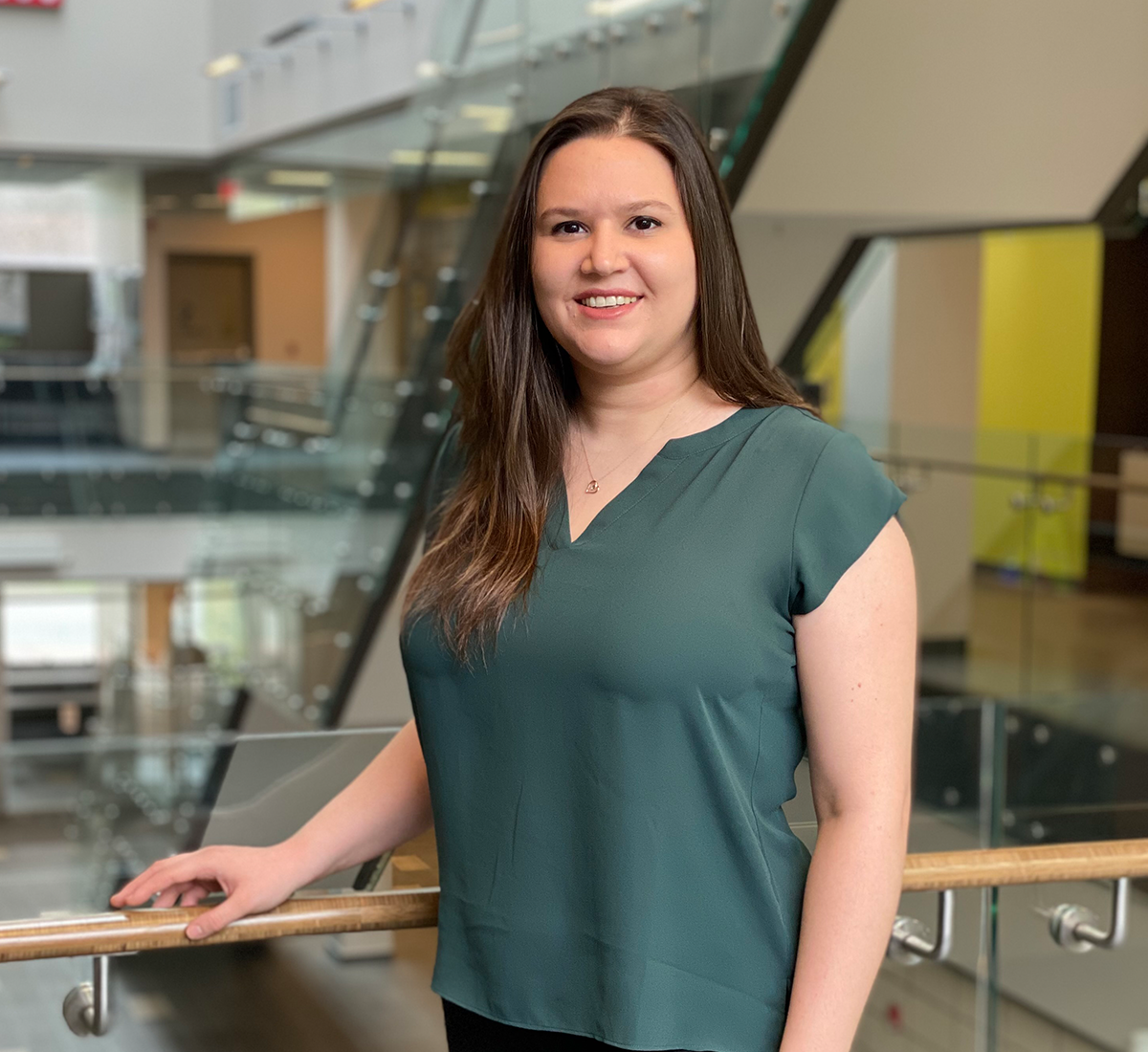
Examining active learning practices for pilot training
Laura Bianchi, Faculty of Arts
In the context of flight training, an important goal is to teach students to think more like experts in their field – in other words, to “think like a pilot.” One way to think like a pilot is to take knowledge and apply it to new scenarios, effectively analyzing situations to respond appropriately (e.g., using principles of aerodynamics to avoid a stall). Encouraging these forms of learning often requires approaches to instructional design that are more active, constructive, and interactive than standard passive modes of instruction (e.g., listening to a lecture or reading a textbook). Laura’s research focuses on examining these active learning practices in the context of ground school training. This research will inform evidence-based training practices in the context of pilot training.
“Evidence-based training practices that promote deeper understanding and problem solving will enable new pilots to develop the skills to ‘think like a pilot’ before having ever taken flight, making ground school training more efficient.”

Exploring workers' everyday experiences that silence safety reporting
Angeline Ram, PhD candidate, Geography and Environmental Management
To workers who report safety concerns, aviation safety and workplace safety are deeply intertwined. Angeline’s research explores how aviation workers' identities shape their everyday experiences related to aviation safety, workforce wellbeing, and safety reporting behaviour. Her research connects experiences like bullying, racism, and discrimination to degraded aviation safety and silence over reporting. Her goal is to support the development of an industry-wide safety culture that prioritizes the health, safety, and wellbeing of all workers.
“To support an industry-wide culture of safety through inclusion, the industry must first accept that discrimination is a risk to aviation safety. Then the industry must get uncomfortable while exposing systemic and traditional structures that underpin, accept, and enable this normalized culture.”
AviFun: Bringing aviation to professionals everywhere
Waterloo is proud to partner with the International Civil Aviation Organization (ICAO) to offer the e-learning course Aviation Fundamentals (AviFun).
Aviation Fundamentals (AviFun) is a 22-hour self-paced online course consisting of 10 online modules that teach participants the fundamentals of the international air transport system. Thousands of learners from around the world have completed the course. While it’s designed to support professional development for those in the aviation industry, anyone with an interest in air transport is welcome to join.
As a certificate course, AviFun is intended to support professional development and does not count towards degree credits. Upon completion of the course, learners earn an e-certificate and walk away with a comprehensive understanding of the various professional activities performed across all areas of the international air transport system. Ideally, they also feel inspired to explore different fields of aviation as they plan their professional goals and career path.
22
hour course
10
online modules
4,500+
learners completed
99
countries represented in 2021
$250
course registration fee
What participants are saying
“If you want the big picture of the aviation industry, this is the right course for you. It gives you the right structure, content, and detail to understand this industry; enough to make you curious to join it.”
Professional development for a global workforce
Supporting the development of professionals in aviation and beyond, the AviFun course has been completed by thousands of learners around the world.
